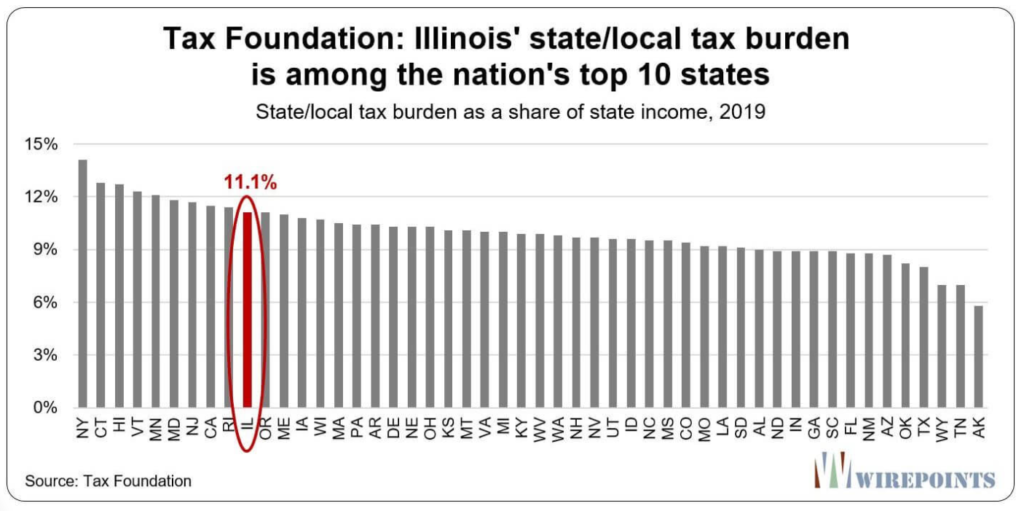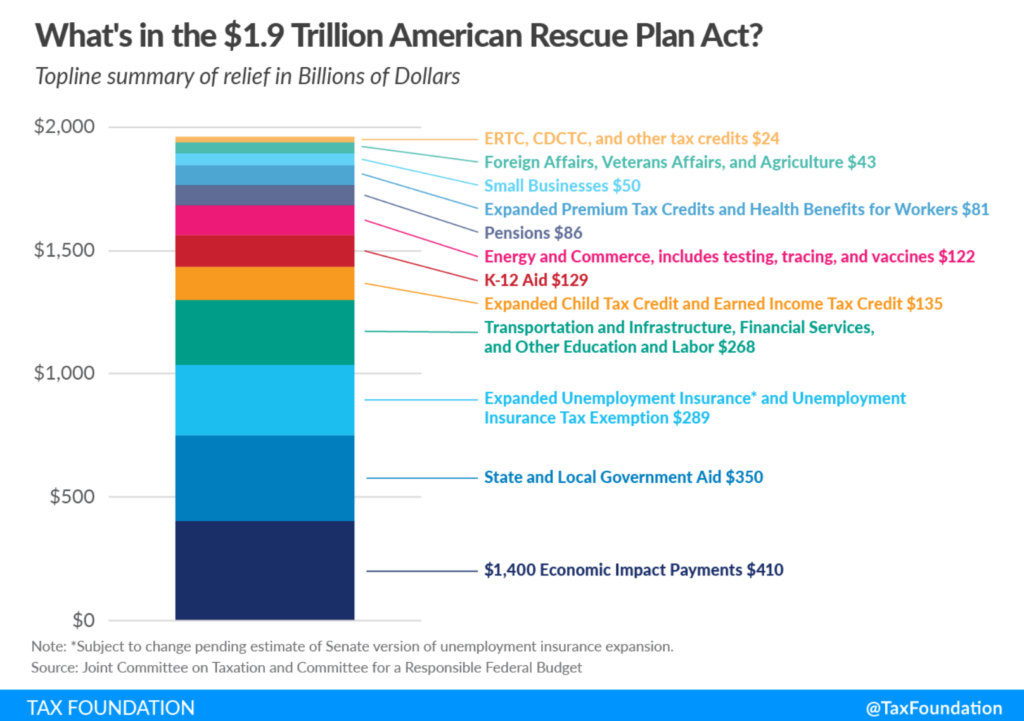Excerpt:
Thousands of Wisconsin Teamsters are celebrating after President Joe Biden signed the coronavirus relief bill into law.
That’s because the move ensures that the workers no longer have to worry about their pensions being cut in half.
The American Rescue Plan includes the Butch Lewis Emergency Pension Plan Relief Act of 2021. The act directs the Pension Guaranty Benefit Corp. to allocate billions of dollars to avoid the drastic cuts.
Author(s): Associated Press
Publication Date: 14 March 2021
Publication Site: KBJR6


